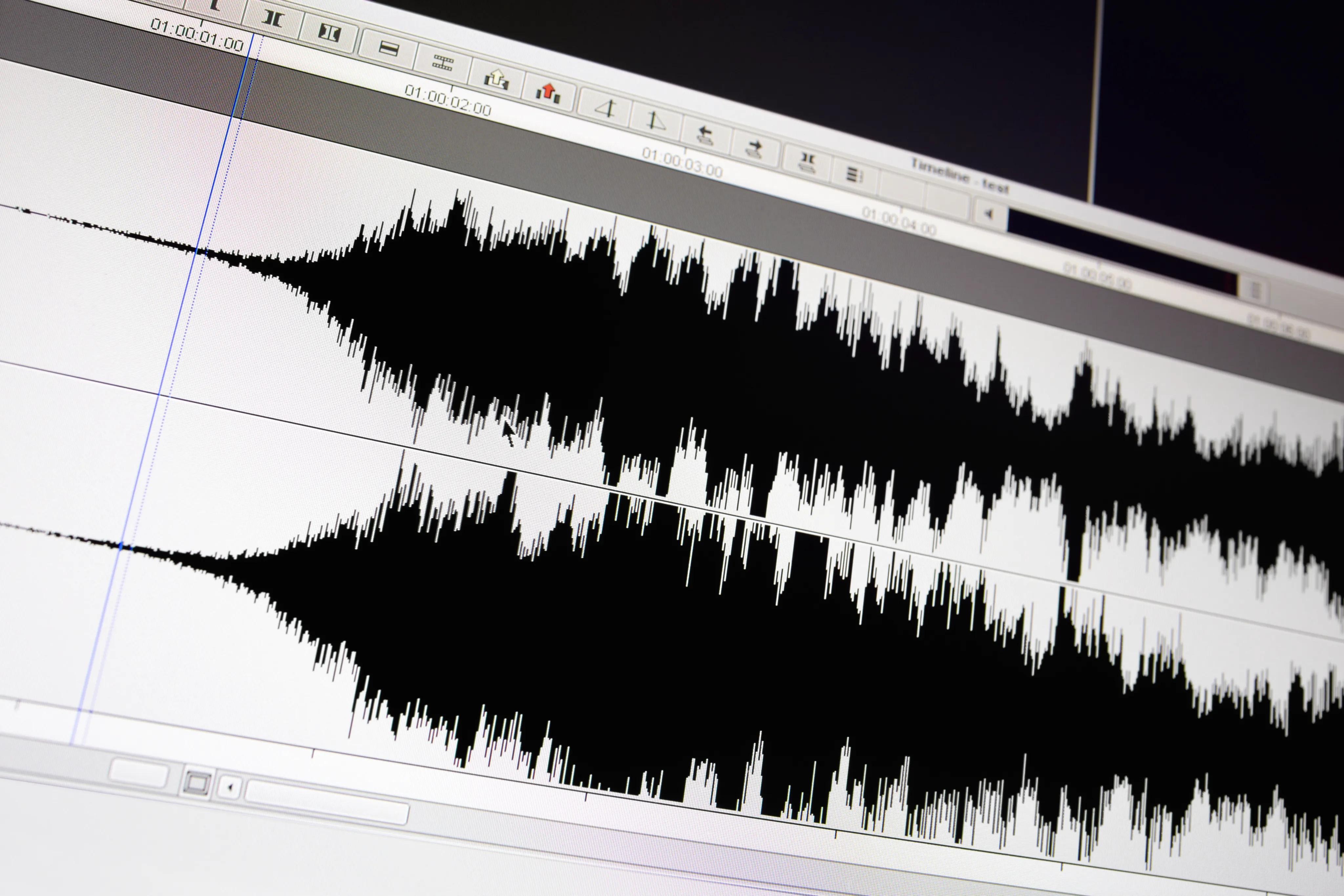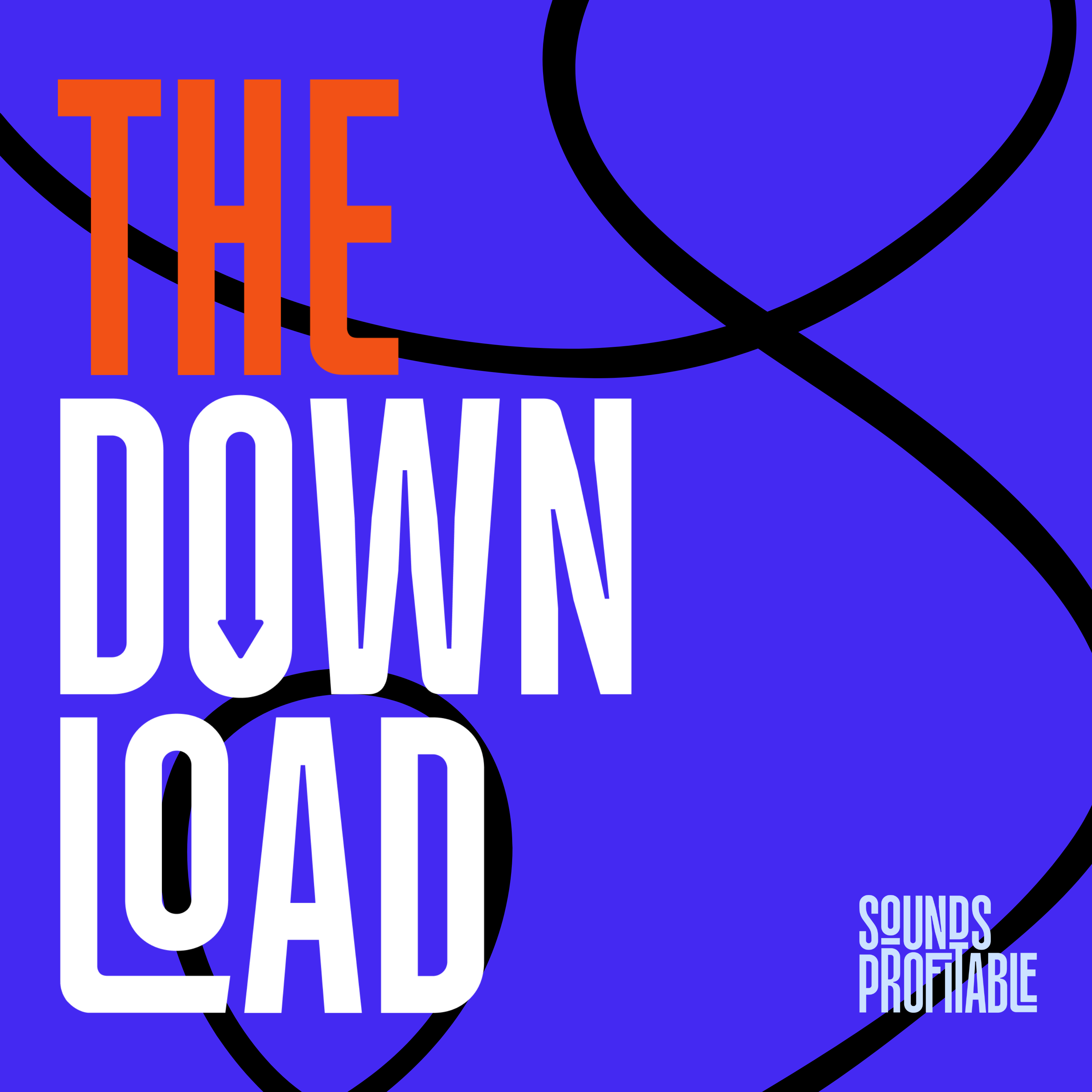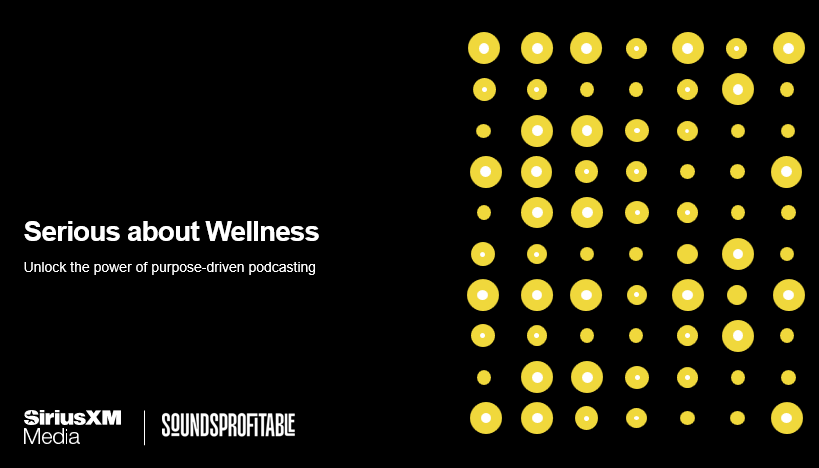Manuela: This is The Download from Sounds Profitable, the most important news from this week and why it matters to people in the business of podcasting. I’m Manuela Bedoya.
Gavin: And I’m Shreya Sharma.
Manuela: The Download is brought to you by Magellan AI. Track the trends in spend, ad load, podcasts on YouTube, and more with Magellan AI’s advertising benchmark report for Q1, available now. You can find a link in the description or visit Magellan dot AI.
Gavin: This week: Podcast listeners not averse to political ads, study shows YouTube drives podcast listening outside of YouTube, and a new programmatic tool creates hyper-localized creative.
Let’s get started.
Podcast listeners respond well to political ads.
Manuela: With the impending election season both in the US and abroad, political ads are back in the rotation. According to AdImpact’s calcuations, the 2024 US election cycle has already doubled the ad spend that had been invested by this point in the 2019 for the 2020 election.
Last Thursday Rain News’ Brad Hill published a portion of information from a recent Veritonic survey of 333 podcast listeners who are registered voters living in the United States.
71% of respondents say they listen to the entirety of a podcast ad for a political candidate on a routine or semi-routine basis. 78% told Veritonic they were more likely to listen to ads that aligned with their views, but 64% of that same group said they could be persuaded by a candidate regardless of political position.
In Sounds Profitable’s brand safety and suitability study Safe and Sound, 44% of respondents said they listen to podcasts containing political views different from their own. While not without risk, it’s important to understand podcast advertisements function inherently differently than, say, TV or display. From the report’s findings in the political section:
“Podcasts are an opt-in medium: people listen to content because they choose to, and generally avoid what is potentially offensive to them.”
The greater risk for brands is advertising on a podcast that has a problematic host or is inherently an offensive program, not advertising on an uncontroversial podcast that includes offensive content. As long as the advertisement is placed in a thematically-appropriate podcast environment with a safe host, audiences are showing to have stronger stomachs for political ads than one might assume.
Let’s Think about Podcast Consumers, Not Just Listeners
Manuela: This Tuesday, Signal Hill Insights president Jeff Vidler published a blog breaking down YouTube-centric data from the most recent Cumulus Media/Signal Hill Insights Podcast Download Report. Listeners might remember our brief coverage of the report during last week’s Research Roundup, when it had been published under the headline “Is YouTube eating podcasts?”
According to the report, the line is blurring as to how and where someone will consume a podcast. 58% of respondents like watching a video podcasting while listening to it, while 42% prefer to keep podcasts as pure audio. The platform is also driving a lot of new podcast audience members, with 30% of respondents who started listening in the past year saying they primarily used YouTube. Spotify came in second with 20% and Apple with 10% on the same demographic.
54% of YouTube podcast consumers surveyed listen to the same podcasts on other platforms as well, and 77% would follow a podcast they enjoy if it were to leave YouTube to be exclusive on another platform.
Vidler closes out the piece with some bullet points laying out advice for podcasters and publishers who want to seize the YouTube opportunity. The chief sentiment being YouTube is looking to be an excellent platform to incorporate into existing strategies. As Vidler says, it’s better to reframe YouTube as another platform like Spotify and Apple, not an end-destination. From the article:
“Every podcast and podcast audience is different. The time may be right for experimenting with YouTube, but the evidence doesn’t necessarily point to jumping all-in to an all-video strategy. Your mileage may vary.”
Can A Million Ads Simplify Hyperlocal Audio Ads By Creating Even More Of Them?
Gavin: This Wednesday, Hana Yoo of AdExchanger covered the launch of Studio.AI, a new tool from A Million Ads that enables hyper-local programmatic ad creative. The product launched with several large brand partners, including retailers like Target and Walmart, as well as digital brands like Google and Booking.com.
Studio.AI’s purpose is to use contextual signals like a listener’s time, location, weather, or even device type to personalize an audio ad before serving it. In one example, the Studio tool ingested a list of every Target location that also has a Starbucks or Sephora location inside, saving marketers the step of manually figuring out which of the 20,000 Targets to target with personalized ads. A quote from CRO Paul Kelly regarding Studio’s VAST tag:
“Millions of versions can be played through that one asset so that every individual hears the most relevant message for that listener based on the data that’s available.”
Kelly gives a personal example of Starbucks campaigns using contextual data to serve more oat milk ads to vegan customers than, say, someone who regularly orders pastries. A quote from A Million Ads CEO Steve Dunlop:
“If podcasting wants to grow beyond a single-digit billion-dollar market, it needs to monetize the longer tail of podcasts, not just have these golden nuggets of content at the top.” /
With tools like StudioAI, or the programmatic creative collaboration between Frequency and Hindenburg (as covered recently on a Sounds Profitable Deepdive), podcasting is on track to take full advantage of contextual advertising. In addition, personalized advertising has the potential to bridge the gap between the industry favorite host-read ad and the effective – but often stigmatized – announcer-read advertisement.
Partner Events
Manuela: Before we get into Quick Hits, we have a few partners hosting events we want to share with you. Next Tuesday, June 20th, at 2pm Eastern, Signal Hill Insights is hosting a webinar titled “Demystifying Brand Lift: Measuring How Audio Ad Campaigns Resonate with Listeners.”
The half-hour webinar will feature Chief Insights Officer Paul Riismandel explaining band lift, how it works, and what kinds of podcasts and streaming audio can be measured.
On Wednesday, July 12th, at 1pm Eastern Veritonic will be hosting a webinar titled “How Creative Testing Drives Success in Audio.” Representatives from Spot Clips and Play Audio Agency will discuss a recent collaboration to build an ASMR-inducing audio ad campaign. The webinar intends to give marketers, brands, and their agencies insights into the reach and weight of audio advertising.
And don’t forget Sounds Profitable’s webinar: “The Podcast Opportunity: Buyer Perceptions of Podcast Advertising” is happening June 28th, at 3pm Eastern. Tune in to hear the latest thinking and insights from buyers in this brand-new study.
Gavin: Finally, it’s time for our semi-regular roundup of articles we’re calling Quick Hits. These are articles that didn’t quite make the cut for today’s episode, but are still worth including in your weekend reading. This week:
What AI Will Never be Able to Do That People Can by Scott Klass. With AI discourse focusing on the hypotheticals of replacing on-air talent, SoundStack CMO Klass addresses the need for a human experience in the customer service side of advertising.
Is the podcast bubble starting to burst? by Nick Bonyhady. A look at podcasting’s listener growth (and recent lack thereof) in Australia, showing there’s less of a balloon and more of a new normal catching up to the statistical anomaly of the surge in new podcasts spurred by pandemic.
Podsights goes free-to-use and rebrands as Spotify Ad Analytics by Reem Makari. Rebranded to Spotify Ad Analytics, the platform offers free pixel tracking and has expanded to more countries. Brand lift studies are still Spotify app only, but are included for free with campaigns that meet a minimum spend and reach threshold.
Podscribe Launches Automated Ad Scoring The new tool, powered by ChatGPT, automatically grades the quality of ad reads on a scale of 1 to 10 using criteria like how clearly the product was endorsed, and how personalized the recommendation was.
Narrativ Launches Mobile App Open Beta. Generative AI startup Narrativ generates audio versions of news articles and monetizes via audio ads. The mobile app currently hosts content from several collegiate newspapers and will soon incorporate national news and Associated Press articles.
Manuela: And that was The Download, brought to you by Sounds Profitable! Today’s episode was built using Spooler and hosted on Art19. Find out more at Spooler.fm and Art19.com
I know we went through today’s stories fast, so be sure to check out the links to every article mentioned, right in your podcast listening app, or on SoundsProfitable.com/Podcast. And thank you for sticking with us as we bring you the top stories you might have missed from the past week. I’m Manuela Bedoya.
Gavin: And I’m Gavin Gaddis. Our producers are Bryan Barletta, Gavin Gaddis, and Tom Webster. Special thanks to Art19 for hosting The Download. And thanks to you for joining us.
Robot?


 "
"


